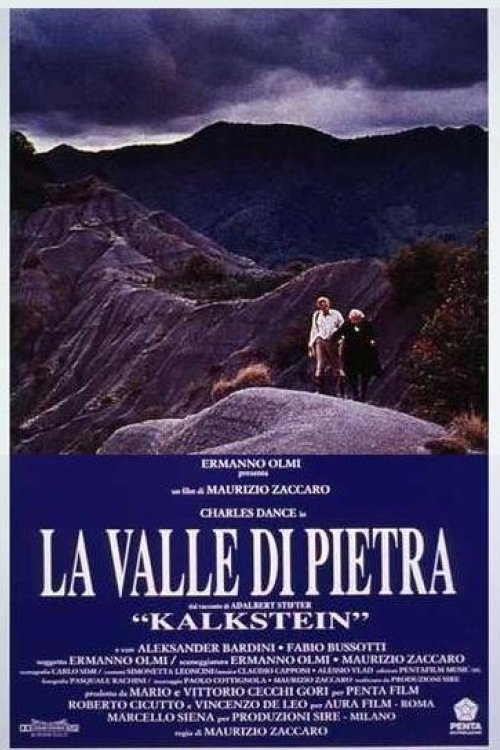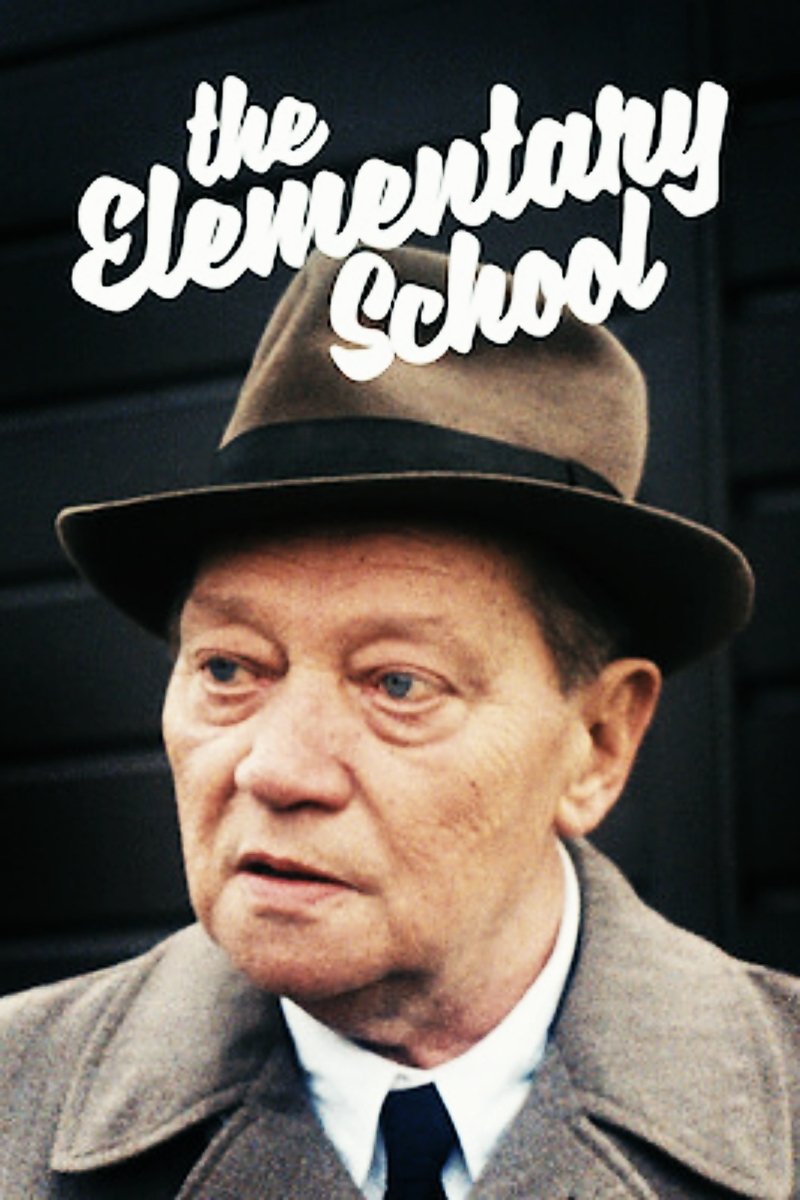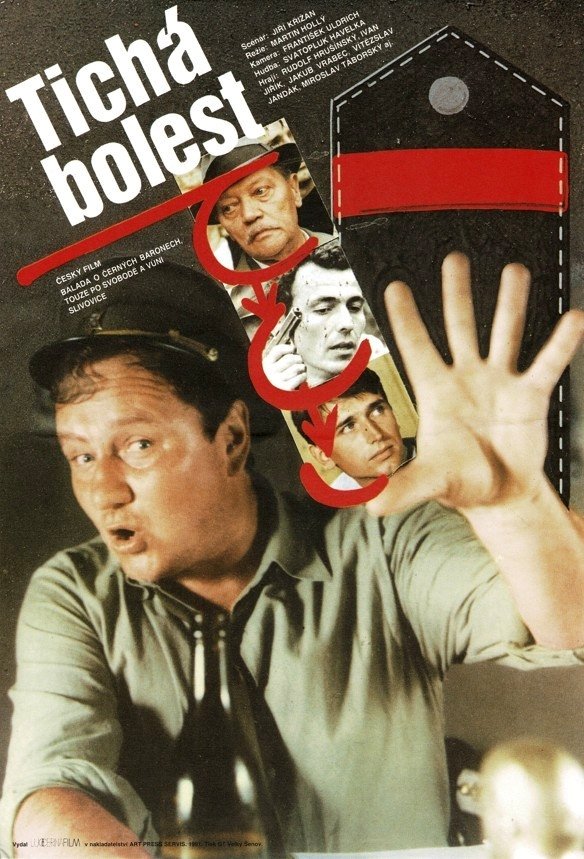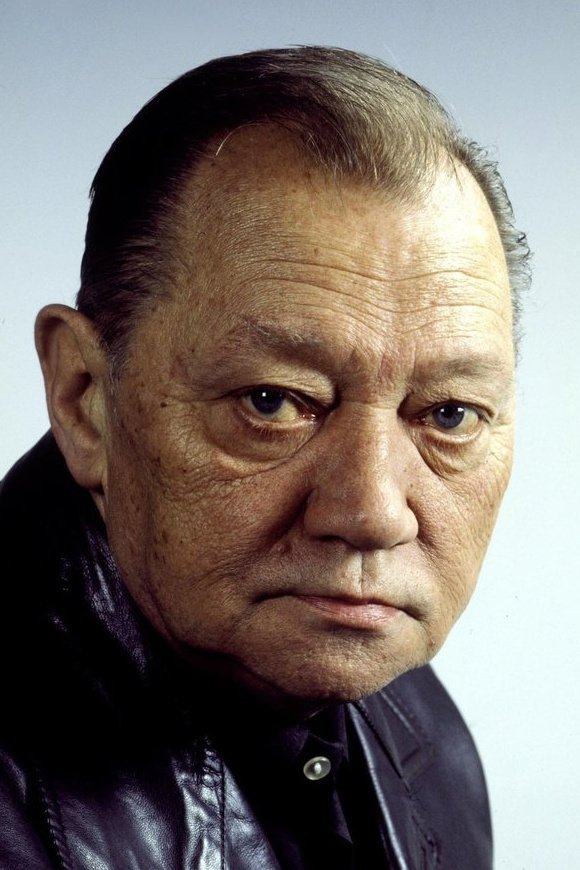
Overview
Rudolf Hrušínský
Known For
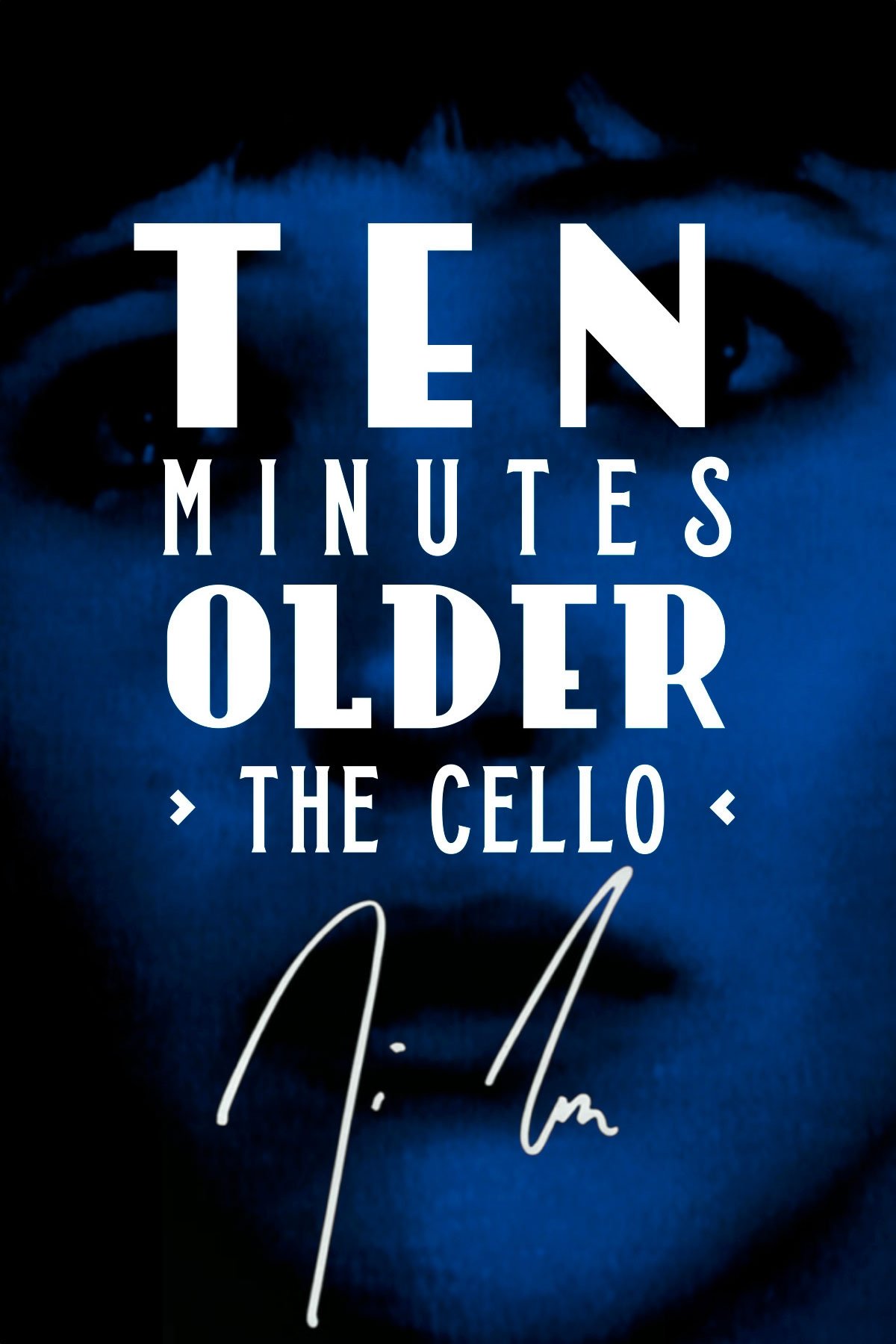
One Moment
Poetic, affectionate, lyrical, and elegy for actor Rudolf Hrusinsky composed...
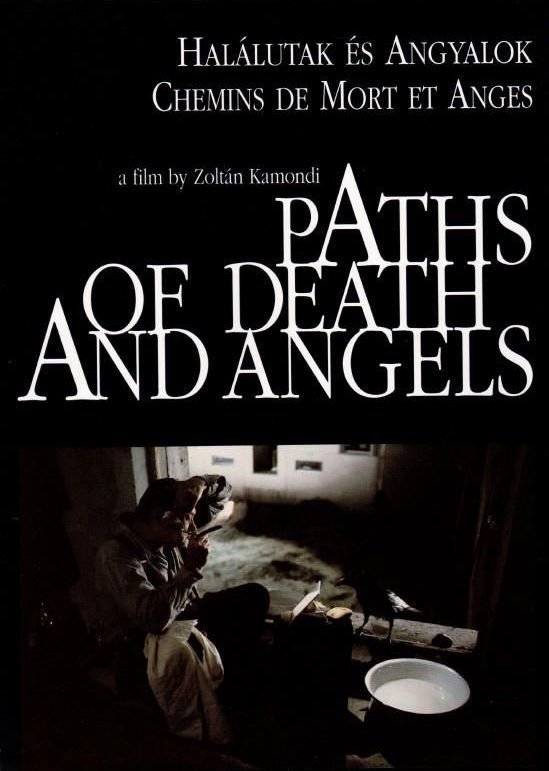
Paths of Death and Angels
Reviewers found this somewhat surreal film so visually stunning as...
Svědek umírajícího času
At the beginning was the Slovak television series Lekár umierajúceho...
Evropa tančila valčík
Otakar Vávra dedicated his latest film to events accompanying the...
Tichý společník
Biography
Rudolf Hrušínský was an acclaimed Czech actor during his country's era of communism. He was born in Nová Včelnice to Hermina Červičková and Rudolf Hrušinský (original name Rudolf Böhm, also took the stage name Otomar Otovalský). He was born, literally, back stage during a showing of the play Taneček panny Marinky. Initially he travelled from place to place, wherever his father could find a gig, but eventually his family settled in Prague. He dropped out of law school to pursue acting. Initially he starred in minor plays, but managed to escalate to famous film roles, many of which won him fame abroad
